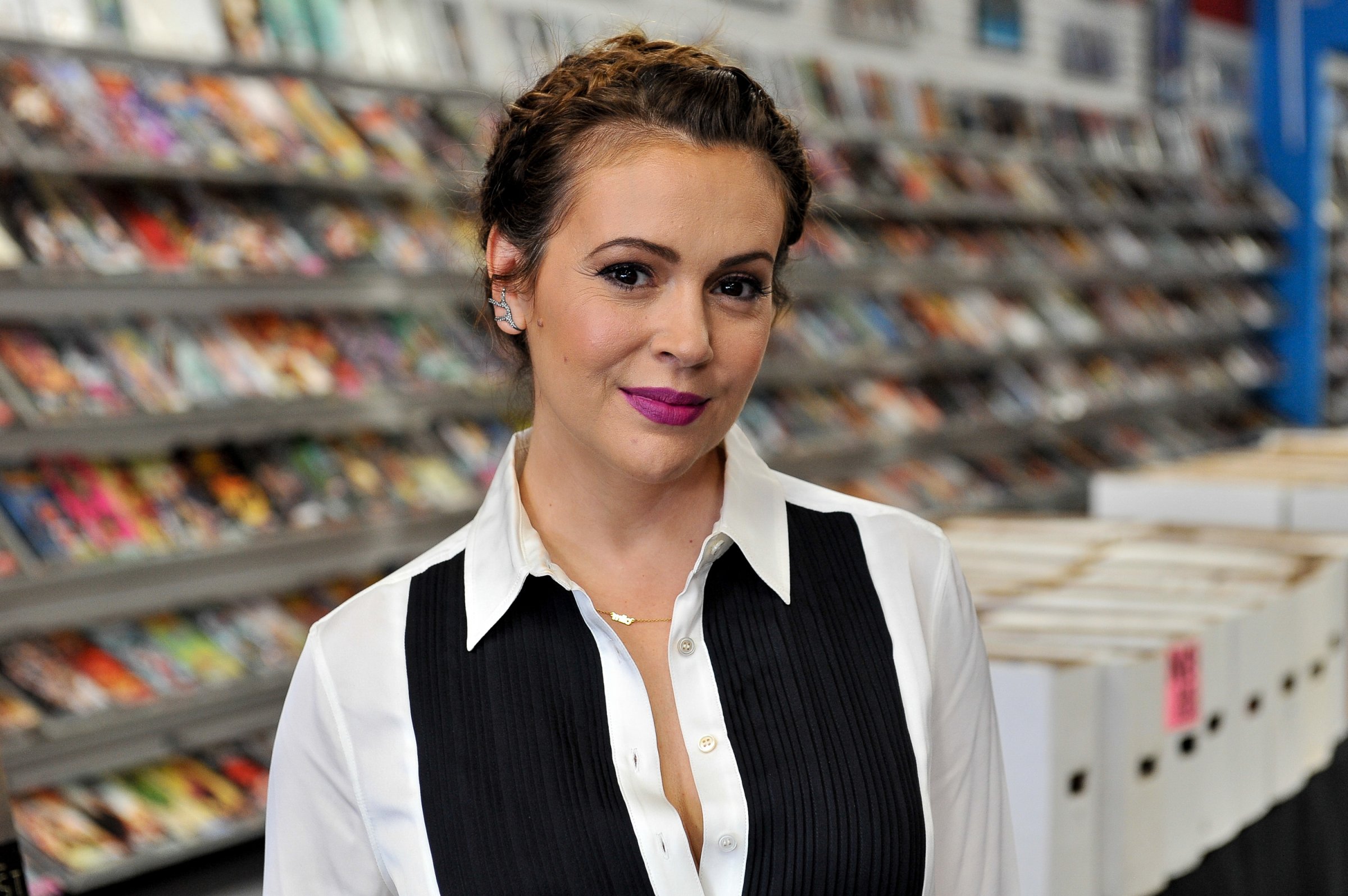
When we hear one in three women are sexually harassed in the workplace, it doesn’t say anything about their stories or about the women — and men — who haven’t come forward. But when you see a friend, maybe a friend you’ve known for 35 years, post the words, “Me, too,” it opens up a dialogue. It allows you to say, “I didn’t know that. Tell me about it, if you want to. How can I support you?”
#MeToo, which I started tweeting in the wake of the Harvey Weinstein allegations, was an opportunity to take attention away from the predator and bring it back to the victims. We’re so focused on these villains, these horrible people who do these horrible things, and that doesn’t help their victims feel like they can come forward or heal. To give women a platform where they don’t have to say how, when or where they were hurt if it’s too painful — where all they have to do is stand in solidarity — enables us all to feel how enormous of an issue this kind of abuse is.
I’m not ready to go into specifics about my own experiences with abuse, but I can say that I have been assaulted and sexually harassed more times than I can really recall off the top of my head. If someone asked me to list every single time, I would have to sit down and take inventory of my entire life. And that’s not because I work in Hollywood. Some were times when I was out at bars with friends or just riding in a cab. This is not just a Hollywood problem — #MeToo has proved that. And I’m not the first to use those powerful words: Tarana Burke, an activist, began calling for people to share their stories years ago, recalling a moment when a young girl told her about being abused and she couldn’t bring herself to say, “Me, Too.” Hers is an incredible, gut-wrenching story, and I hope to meet her.
We tend to push down the things that hurt us so they don’t come to define us, but those traumas end up becoming a bigger part us when we haven’t healed. To be able to take your experiences out, dissect them and share your stories with others is a powerful thing. We have communities of like-mindedness for pretty much everything — religious communities, Fantasy Football, everything of interest to human beings. But because we’ve been so silent — and silenced — about this issue, we don’t realize there is a community out there that’s ready to embrace and support us. Women need each other, and we need men. We need brothers, fathers and friends who see “Me, too” and stand ready to offer support. They will be the men who reject a culture of “locker room talk.” Help them understand.
I walked into this knowing how pervasive this kind of mistreatment is, yet I’ve still been surprised by some of the people who have come forward — people I’ve known for many years, people I meet for coffee or go to the movies with, but who never told me their stories. Picking up my daughter from school, another mom came over to me, looked at me with tears in her eyes and just hugged me. It’s everywhere.
This country elected a man who admitted to sexually assaulting women on tape and accepted “locker room talk” as an excuse. In office, he has repeatedly tried to roll back women’s rights, attempting to limit our health care, to take away our right to choose what happens to our own bodies, to allow our employers to deny us birth control coverage. Women are outraged. This is the time, right now, when we change things.
Alyssa Milano is an actor and activist.
(As told to Lucy Feldman)
More Must-Reads from TIME
- Inside Elon Musk’s War on Washington Meet the 2025 Women of the Year Why Do More Young Adults Have Cancer? Colman Domingo Leads With Radical Love 11 New Books to Read in February How to Get Better at Doing Things Alone Cecily Strong on Goober the Clown Column: The Rise of America’s Broligarchy
- Inside Elon Musk’s War on Washington
- Meet the 2025 Women of the Year
- Why Do More Young Adults Have Cancer?
- Colman Domingo Leads With Radical Love
- 11 New Books to Read in February
- How to Get Better at Doing Things Alone
- Cecily Strong on Goober the Clown
- Column: The Rise of America’s Broligarchy
Contact us at letters@time.com